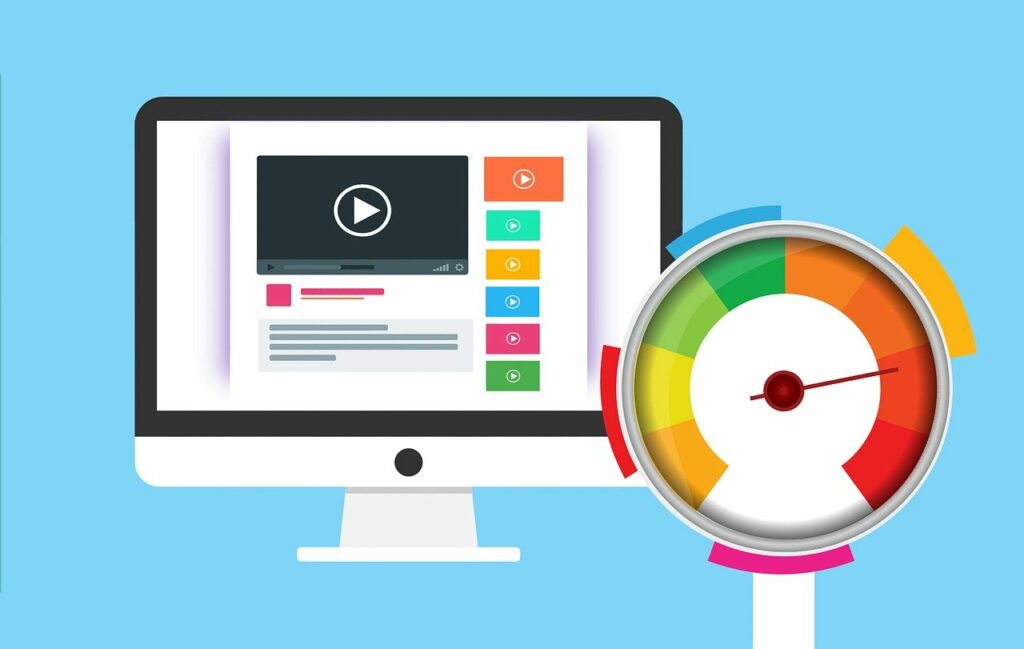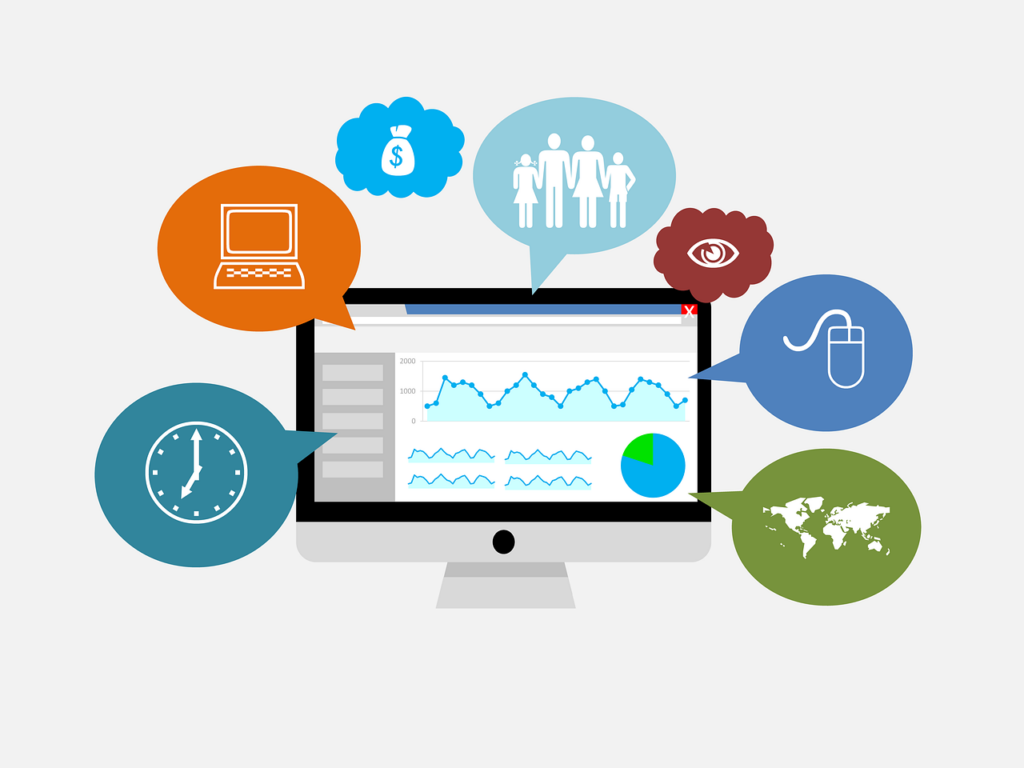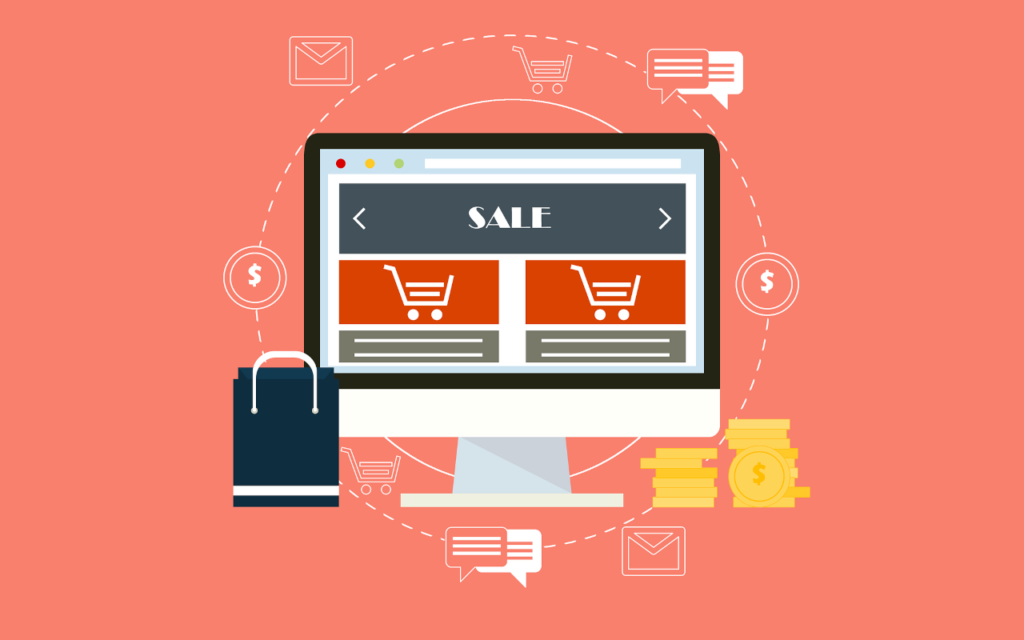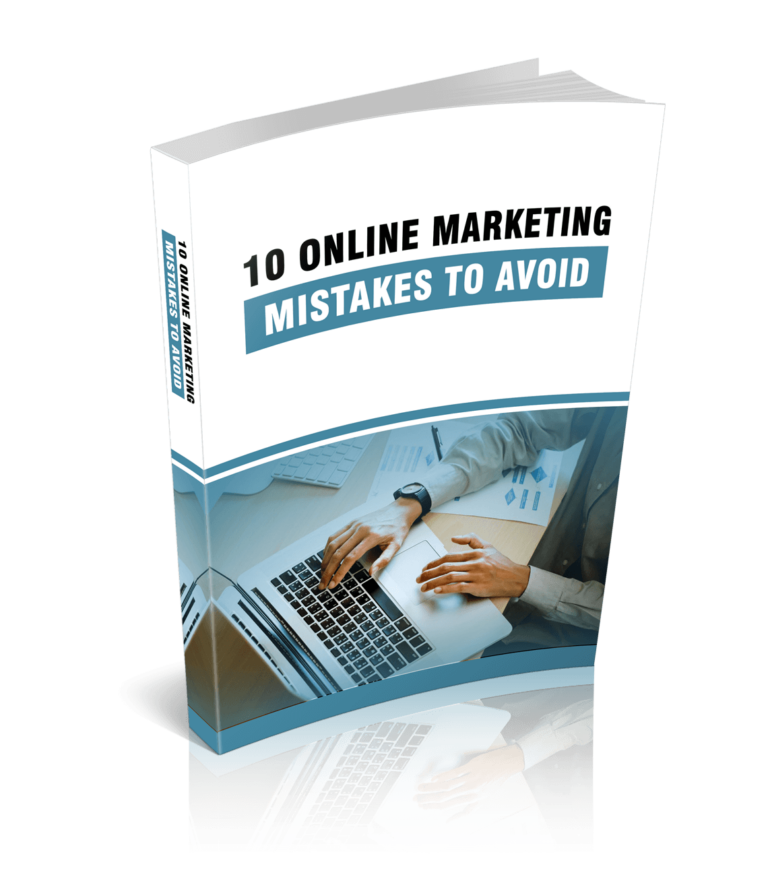Artificial Intelligence has come a long way in recent years, and language models have played a pivotal role in advancing human-computer interaction. OpenAI’s ChatGPT series has been at the forefront of this evolution, with each version bringing improvements and new capabilities.
In this article, we will delve into the differences between ChatGPT v3 and ChatGPT v4, highlighting their history, features, pros and cons, and discussing the future of both models.
SUBSCRIBE TO INCOME PATROL
Get updates on the latest posts and more from Income Patrol straight to your inbox.
History and Background
ChatGPT v3 was introduced as the successor to GPT-3.5, with the goal of providing a more interactive and dynamic conversational experience. It incorporated OpenAI’s Reinforcement Learning from Human Feedback (RLHF) approach, where an initial model was fine-tuned using human AI trainers who played both sides of a conversation. This iterative process allowed ChatGPT v3 to address some of the limitations of its predecessors and deliver more coherent and context-aware responses.
On the other hand, ChatGPT v4 represents the latest iteration of OpenAI’s chatbot technology. Building upon the successes of ChatGPT v3, it aims to offer even more refined conversational abilities, enhanced understanding of nuanced prompts, and improved handling of challenging queries. OpenAI has continually worked towards narrowing the gap between AI-generated text and human-generated text, and ChatGPT v4 is a significant step in that direction.
Features and Enhancements
Contextual Understanding
One of the notable advancements in ChatGPT v4 is its improved contextual understanding. The model is now better at comprehending nuanced prompts and maintaining a consistent understanding throughout the conversation. This enhancement leads to more accurate and relevant responses, resulting in more engaging interactions.
Enhanced Prompting
ChatGPT v4 introduces “System Messages,” which allow users to guide the AI’s behavior explicitly. System Messages can be used to set the chatbot’s persona, specify the format of the response, or request it to ask clarifying questions. This feature empowers users to have more control over the conversation flow, making interactions feel more personalized and purposeful.
Expanded Knowledge
ChatGPT v4 benefits from an increased knowledge base compared to its predecessors. It leverages information from external sources, providing access to up-to-date facts, statistics, and other relevant data. This broader knowledge allows the model to address a wider range of topics and provide more accurate and informative responses.
Improved Response Consistency
While ChatGPT v3 was trained using Reinforcement Learning from Human Feedback, ChatGPT v4 goes a step further by employing a variant called Iterative Refinement. This technique involves multiple iterations of training and fine-tuning, enabling the model to deliver more consistent responses. It helps mitigate the issues of generating different answers to slightly rephrased questions, ultimately enhancing the user experience.
Pricing Model
When it comes to accessing and utilizing AI models like ChatGPT v3 and ChatGPT v4, understanding the pricing structure is an important consideration. OpenAI offers various pricing options to cater to different user needs. It is worth noting that the pricing details provided here are based on information available at the time of writing, and it is advisable to refer to OpenAI’s official website for the most up-to-date pricing information.
Free Access
OpenAI provides free access to ChatGPT, allowing users to experience and explore the capabilities of the model. This option is ideal for individuals who want to familiarize themselves with the system and engage in casual conversations or perform basic tasks. Free access, however, comes with limitations, such as queue wait times during peak usage and restricted availability during high-demand periods.
Subscription Plans
OpenAI offers subscription plans that provide additional benefits and priority access to ChatGPT.
- ChatGPT Plus: Priced at a monthly subscription fee ($20), ChatGPT Plus provides several advantages over free access. Subscribers enjoy general access to ChatGPT even during peak times, faster response times, and priority access to new features and improvements. ChatGPT Plus is designed for users who require more reliable and efficient access to the model for personal or professional purposes.
Enterprise Solutions
For businesses and organizations with larger-scale AI needs, OpenAI offers customized enterprise solutions. These solutions provide tailored features, advanced support, and options for increased scalability and integration. Pricing details for enterprise solutions are typically determined on a case-by-case basis, considering factors such as usage requirements, support level, and deployment options.
It is important to note that subscription plans and enterprise solutions are subject to specific terms and conditions outlined by OpenAI. Users should review the relevant documentation and agreements to ensure compliance and clarity regarding usage, licensing, and data privacy.
OpenAI’s pricing model aims to strike a balance between accessibility and sustainability. By offering free access and subscription options, OpenAI provides users with varying levels of engagement while also generating revenue to support ongoing research, development, and maintenance of their AI models.
The Future of Pricing
As AI technology continues to evolve, pricing models and options may also evolve to meet changing user demands and market dynamics. OpenAI has expressed its commitment to exploring more affordable options, business plans, and data packs to accommodate a wider user base. This dedication to affordability and accessibility demonstrates OpenAI’s goal of ensuring that AI technology is accessible to individuals and organizations across different sectors.
In addition, OpenAI has actively sought user feedback to improve their models and understand user needs better. This feedback-driven approach may influence future pricing models, as OpenAI continues to iterate on their offerings based on user input and market trends.
Understanding the pricing and pricing models for AI models like ChatGPT v3 and ChatGPT v4 is crucial for users looking to leverage the capabilities of these systems. OpenAI’s pricing structure includes options for free access, subscription plans, and enterprise solutions, catering to different user requirements. By providing both free and paid access, OpenAI balances accessibility and sustainability, supporting ongoing research and development efforts. As AI technology evolves, OpenAI remains committed to refining pricing models to ensure affordability and wider accessibility, fostering a future where AI-driven applications can benefit a broad range of users.
Pros and Cons
ChatGPT v3 and v4 offer several advantages, but it is essential to consider the limitations as well.
ChatGPT v3
Pros
- Provides a more coherent and context-aware conversational experience.
- Supports a wide range of topics and can handle complex queries.
- Offers a user-friendly conversational interface for easy interactions.
Cons
- May generate incorrect or nonsensical answers in certain situations.
- Can be overly verbose or prone to long-winded responses.
- Requires careful instruction to prevent biased or inappropriate outputs.
ChatGPT v4
Pros
- Improved contextual understanding for more accurate and relevant responses.
- Enhanced prompting with System Messages for better conversation control.
- Expanded knowledge base for up-to-date information and detailed responses.
- Greater response consistency due to iterative refinement training.
Cons
- It’s a paid option (at the moment of writing this article)
- While improved, it may still occasionally produce incorrect or misleading responses.
- Certain complex or nuanced queries may still pose challenges.
- Some conversations may require additional clarification or specific instructions to achieve desired outcomes.
Comparison and Performance
When comparing ChatGPT v3 and ChatGPT v4, it is evident that the latter represents a significant advancement in terms of contextual understanding, conversational control, and response consistency. The incorporation of System Messages allows users to guide the AI’s behavior more explicitly, resulting in a more personalized and purposeful conversation.
ChatGPT v4’s expanded knowledge base enhances the model’s ability to provide accurate and detailed responses, making it a valuable tool for accessing up-to-date information. The iterative refinement training process further refines the model’s responses, improving overall consistency and reducing instances of generating different answers to slightly rephrased questions.
While both versions offer substantial improvements, it is important to note that neither ChatGPT v3 nor ChatGPT v4 can guarantee perfect responses in every situation. They are still limited by the data they were trained on and may occasionally produce incorrect or nonsensical outputs. It is crucial to use these models responsibly and critically evaluate their responses, especially in sensitive or high-stakes scenarios.
Future Implications and OpenAI’s Commitment
OpenAI’s continuous development of chatbot models like ChatGPT v3 and ChatGPT v4 signifies the organization’s commitment to refining AI capabilities and pushing the boundaries of human-computer interaction. These advancements open up a wide range of applications, from virtual assistants to customer support systems, educational tools, and creative writing aids.
OpenAI recognizes the importance of ethical and responsible AI usage. They actively seek user feedback to identify and address potential biases, errors, and improvements in their models. By incorporating user insights and iterating on their models, OpenAI aims to make AI systems more reliable, understandable, and accountable to users.
Frequently Asked Questions
What are the main differences between ChatGPT v3 and ChatGPT v4?
ChatGPT v4 offers improved contextual understanding, enhanced response consistency, and expanded knowledge compared to ChatGPT v3. It introduces features like System Messages for better conversation control and leverages iterative refinement training to refine responses.
Can ChatGPT understand nuanced prompts and complex queries?
Yes, ChatGPT has improved contextual understanding and can comprehend nuanced prompts more effectively. While it performs well with complex queries, there may still be instances where certain nuances pose challenges.
What is the pricing model for ChatGPT?
OpenAI offers free access to ChatGPT (for v3 only at the moment of writing this article), along with subscription plans like ChatGPT Plus for priority access and faster response times. Enterprise solutions are also available for organizations with larger-scale AI needs. For the latest and detailed pricing information, it is recommended to refer to OpenAI’s official website.
How does ChatGPT handle biased or inappropriate outputs?
OpenAI has made efforts to reduce biases in AI outputs, but there may still be occasional instances of biased or inappropriate responses. OpenAI actively encourages user feedback to address such issues and improve their models, making them more reliable and accountable.
Can ChatGPT v4 guarantee perfectly accurate responses?
No, ChatGPT v4, like any AI model, cannot guarantee perfect responses in every situation. It is still limited by the data it was trained on and may occasionally produce incorrect or nonsensical outputs. Users should exercise critical thinking and evaluate responses accordingly.
How does OpenAI ensure the responsible use of AI models like ChatGPT?
OpenAI is committed to responsible AI usage. They actively seek user feedback to identify biases, errors, and areas of improvement. OpenAI also provides guidelines and instructions on using AI models responsibly and encourages users to provide feedback on problematic outputs.
What is the future of AI language models like ChatGPT?
The future of AI language models is promising, with ongoing advancements and research. OpenAI aims to refine and expand their models further, narrowing the gap between AI-generated and human-generated text. They also strive for affordability and accessibility to ensure widespread adoption and benefit across various sectors.
Can ChatGPT be used for commercial applications?
Yes, ChatGPT can be used for commercial applications. OpenAI offers enterprise solutions to cater to larger-scale AI needs of businesses and organizations. Commercial usage is subject to the terms and conditions outlined by OpenAI.
How can users provide feedback on ChatGPT?
OpenAI encourages users to provide feedback on problematic outputs, biases, or areas of improvement through the user interface. User feedback plays a crucial role in refining the models and enhancing their performance.
What are the limitations of ChatGPT v4?
While ChatGPT v4 represents significant advancements, it may still generate incorrect or misleading responses in certain situations. Some queries may be challenging, requiring additional clarification or specific instructions. Users should remain vigilant and critically assess outputs.
Remember to consult OpenAI’s official resources for the most accurate and up-to-date information regarding ChatGPT and its usage.
Conclusion
The transition from ChatGPT v3 to ChatGPT v4 marks a significant stride in improving the quality and effectiveness of AI-powered conversational agents. With enhanced contextual understanding, better conversational control, and a broader knowledge base, ChatGPT v4 offers a more engaging and informed experience. While both versions have their pros and cons, OpenAI’s commitment to ongoing research and development ensures that AI language models will continue to evolve, narrowing the gap between AI-generated and human-generated text.
As we move forward, it is crucial to remember that AI is a tool that should be used responsibly and ethically. While AI models like ChatGPT v4 can assist and augment human capabilities, they are not a substitute for critical thinking and human judgment. By harnessing the power of AI responsibly, we can leverage its benefits to enrich our lives and shape a future where humans and machines work harmoniously together.
LIMITED-TIME OFFER!
With LIFETIME ACCESS membership ($67) you have access to ALL exclusive materials (current and upcoming) for lifetime. We create new courses, ebooks, webinars and downloads on a regular basis. This offer expires soon and will be replaced with monthly-paid subscription, so hurry up! Get access HERE!





